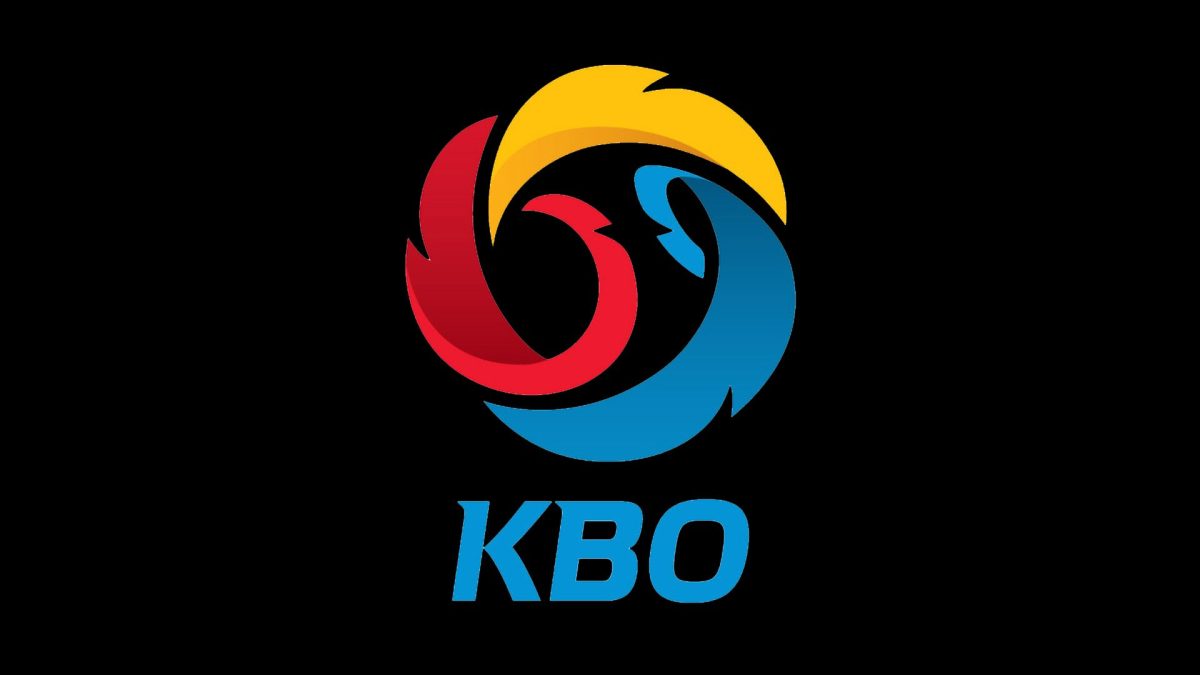



The Korea Baseball Organization (KBO) held a board meeting on Tuesday and agreed to new rule changes for the 2025 and 2026 seasons. The new rules are unique and should appeal to international baseball fans worldwide.
First, starting in 2025, the league will adjust extra innings during the regular season. Games needing extra innings will be completed after the bottom of the 11th inning, whereas in previous seasons, the game would automatically end in a tie after the 12th inning. The main reasons for the change could be the KBO’s introduction of the pitch clock next season and to help keep pitchers healthy. Dan Kurtz of MyKBO Stats reports that 46 of the 59 extra-inning games ended by the 11th inning in 2024.
The KBO’s extra-inning rule could decrease pitcher fatigue throughout a 144-game regular season. Fewer innings thrown likely means healthier arms. Combining the pitch clock and one less extra inning may indicate a reduced game length and an improved fan experience.
Next, the KBO made adjustments to the postseason. Starting in 2025, the league will change the Korean Series format to 2-3-2. Games one, two, six, and seven of the KBO’s equivalent of the World Series will be played on the home-field of the team with home-field advantage. Games three through five will be played at the lower seed’s home field. Major League Baseball introduced an identical format for the World Series in 1924.
The KBO used a 2-2-3 format for the Korean Series in 2024 and past seasons. The 2-3-2 format decreases travel and, as seen in MLB, forces managers to use a three to four-man rotation instead of only appointing the best-starting pitchers.
If a KBO postseason game is suspended due to rain, the game will resume on a day when no other game is scheduled. Scheduled games on the day of the suspended game will carry over to the following day.
KBO will also introduce a championship game for its farm league, the KBO Futures League, in 2025. The two teams with the best records in each division, the Northern and Southern League, will automatically qualify for the championship game. The KBO Futures League will not adopt a series format for the championship round.
The KBO Futures League championship game was implemented to increase interest and a more significant following. Fans of a specific KBO team may gravitate to their favorite team’s KBO Futures League team and follow along with the organization’s minor-league prospects more closely than in past seasons.
Starting in 2026
The KBO plans to implement an “Asian Quota System,” which will allow teams to use four foreign players on their roster instead of three, the originally agreed-upon amount.
The Asian Quota System will apply to players from Asian countries and Australia registered with the Baseball Federation of Asia (BFA). A KBO organization may sign a player who was a member of an Asian league in previous years. Dan Kurtz of MyKBO Stats reports on X that each team’s three foreign players and an Asian Quota System player can participate in one game together. KBO organizations can replace their Asian Quota System player once a season.
Sponichi Annex, a Japanese daily newspaper, revealed in an article on its website on Wednesday that the cost of an Asian Quota System player cannot exceed $200,000 per year, which includes transfer fees and any other agreement with the player’s new club, such as a signing bonus.
What will this mean for the KBO, and how will clubs utilize the extra foreign player roster spot?
Any Asian Quota System player, essentially the 29th man on a KBO roster, could be viewed in multiple ways. One is as insurance when several players on one team are on the injured list. KBO general managers could also lean toward signing more pitchers than position players for the new roster spot. In any professional league worldwide, you’ll find that managers will never complain about having too many available arms. There could be darkhorse candidates with playing experience in Nippon Professional Baseball or the Chinese Professional Baseball League.
The 2025 KBO Season
The 2025 KBO regular season will begin on March 22, the earliest Opening Day in league history. Daejeon Baseball Dream Park, the new home stadium of the Hanwha Eagles, will host the All-Star Game on July 12. For the first time in 2025, the KBO will use a pitch clock and an automated ball-strike system (ABS). Pitchers will have 20 seconds to throw a pitch with empty bases and 25 seconds with runners on base.